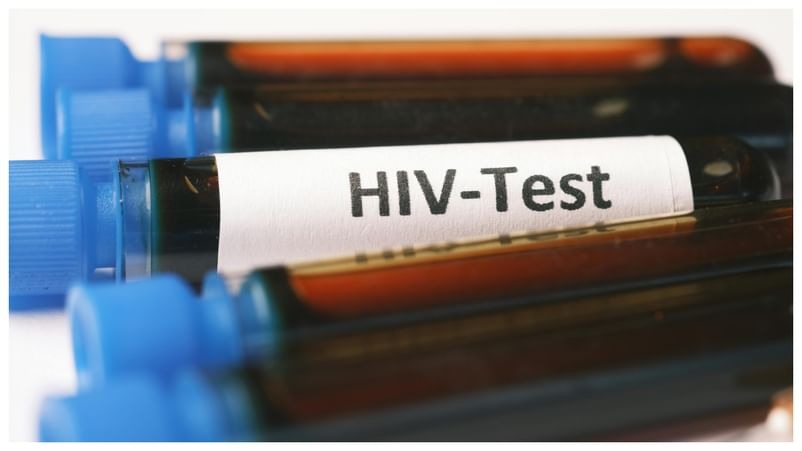
New Delhi: A Sexually Transmitted Infection is abbreviated as STI and a Sexually Transmitted Disease as STD. STIs result from bacteria, parasites, or viruses which break out in a person’s body due to engaging in sexual activity. Infections, unlike diseases, are typically treatable and have the potential to be resolved. Examples include bacterial vaginosis, chlamydia, gonorrhea, syphilis, and Trichomoniasis. While interacting with News9Live, Dr Seema Jain – Senior Director – Obstetrics and Gynaecology – Max Super Speciality Hospital, Shalimar Bagh, differentiated between STIs and STDs In detail.
When STIs escalate and start presenting with symptoms or complications, STDs emerge. They tend to last for an extended period, if not a person’s life. A few examples of STds are hepatitis, herpes, and Hiv as well as some antibody types of HPV.
Symptoms
Symptoms of STI include:
Burning, itching, or discharge in the genital area
Sores or bumps in the genital region or in the vicinity of the genital region
Bleeding from the rectum
Symptoms of STD include:
Discomfort when engaging in sexual intercourse and during urination
Abnormal menstruation characterized by pain
Increased body temperature
Pain that returns
Lack of energy
Reduction in body mass
Swelling and lumps
STIs’ origins
STIs are often created with a presence of a variety of bacteria, parasites or a virus entering the body. These micro-organisms are made available in fluids such as blood, urine, semen, or saliva which are exchanged during sexual activity (vaginal or anal intercourse, as well as oral sex and other sexual contact). If a STI is left untreated and is able to evolve, pathogens are encouraged to grow and this disrupts the body’s normal functions, leading to STD’s. In a way, all STD’s are developed from STI’s, however, not every STI goes through to becoming a disease.
Diagnosis and Treatment
Different types of blood tests, urine analysis, oral swab, genital/rectal swab or physically examining the patient helps to diagnose STI’s. When any such infection is detected, depending on the type of infection, antibiotic or antiviral medications are prescribed. People are advised to get regular screenings as it aids in detecting sexually transmitted diseases (STIs) in its initial stages. When identified at early stages and treated timely, the chances of the infection developing into severe conditions, including sexually transmitted diseases (STDs), are significantly reduced.
Prevention
Abstinence is said to be the best way in avoiding a STI.
You must aim to propose an idea that can efficiently counter the existing problems that you have mentioned in the conclusion.

 Desk
Desk Share
Share






